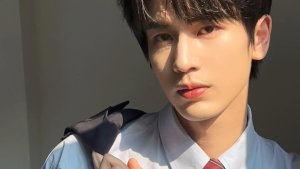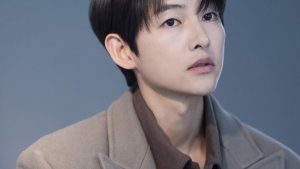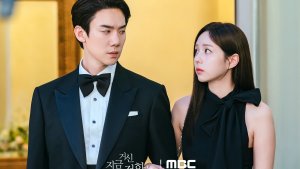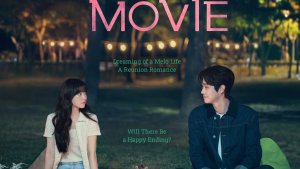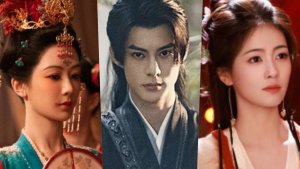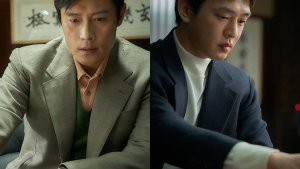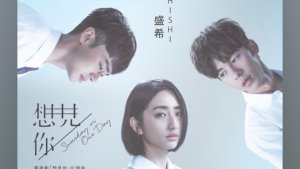 This is why everyone should give "Someday or One Day" a try!
This is why everyone should give "Someday or One Day" a try!
Japanese School Dramas everyone should watch (maybe)
Now I don’t watch that many school dramas. I find them repetitive, sometimes too preachy. Where most Japanese dramas are preachy to begin with, those take it to another level. That being said, I can see why school dramas are a pretty important part of the industry and why they gather a wide audience. First of all, school years are a time we can all connect to. Whether it’s problems and situations we are currently experiencing, or just topics making us nostalgic. Mostly though, it is a perfect setting to expose social issues.
Here are some school dramas which for various reasons stood out for me and, in my most humble opinion, should be watched by everybody:
Suzuki Sensei
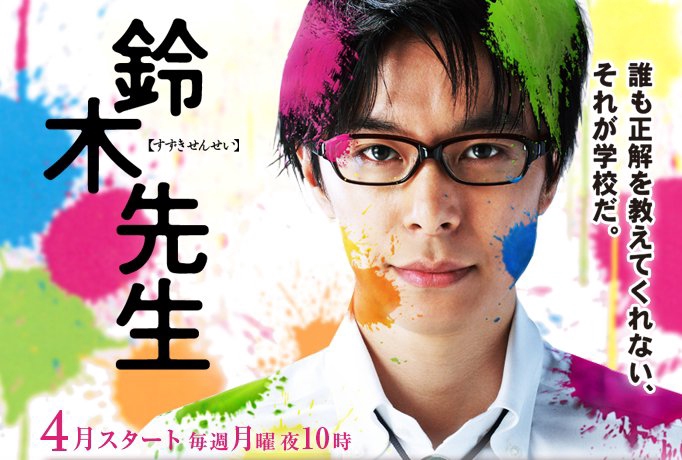
If I was to choose only one of the dramas on this list, I would say Suzuki Sensei is the one to watch. This drama is one of my all-time favourites. As much as it is a typical school drama, it is also a refreshing way to look at the genre. It does not shy away from any subject and is all about encouraging open discussions and self-expression. It isn’t about being right or wrong, it’s about being able to tell your opinion and accepting that it may be different from others'.
Considering that we are dealing with such a complicated age as that of middle schoolers, addressing the students’ problems is no easy task. It is the stage where students vary the most in their maturity. It is also the age where they start discovering themselves, the changes happening to their bodies, their sexuality, realizing the difference between each person's background and values, and so on and so forth. This isn’t a drama about troubled students finding their way again but normal everyday students with normal everyday problems. And no one says that normal doesn’t still mean crazy and difficult.
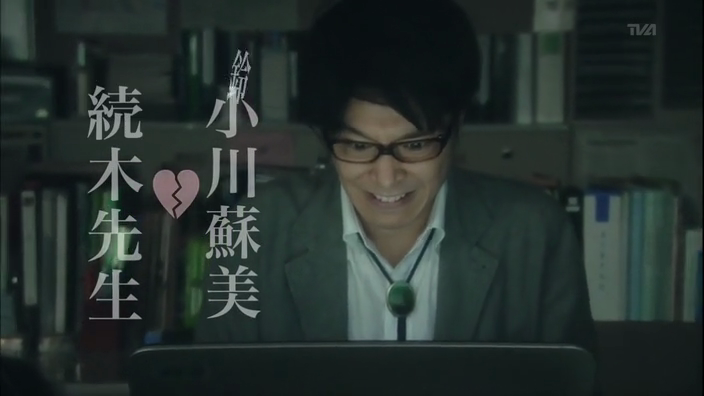
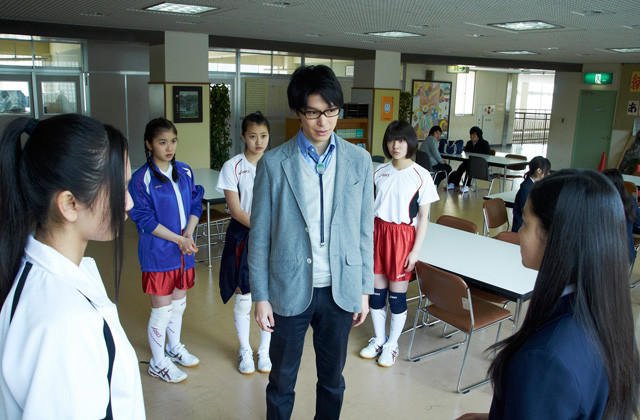
There are some people who didn’t appreciate the drama much because the titular character isn’t ideal. Far from ideal – and disturbing actually. I can’t say their concerns aren't valid, but for me it was also a part of the experience. Teachers are humans too and many aren’t ideal. They can be as messed up as their students. However, what makes the difference is if they cross the line. What is really hard to determine, though, is where the line should be set!
The whole cast's acting is stellar, especially Hasegawa Hiroki and the students'. Give it a try – I guarantee you will learn a thing or two and won’t regret it. Probably.
Dragon Zakura

At first sight, this drama may seem like any typical Japanese school drama, and essentially that is the case. However, the main difference is that this drama explores the one question not many school dramas, ironically, ask. Why do we study? Is it because society expects us to – to make more money, to be respected, to challenge ourselves – or is there just no other way to live a good life?
Concept: A lawyer promises that five students from a “failure school” will get into Tokyo University by just getting the right guidance and understanding the tricks behind the exams. Right there I found it intriguing because it is saying that passing the Todai entrance exams isn’t about how smart you are, but how prepared you are. The drama also explores interesting subjects such as children's growth and intelligence, the different paths we can take in life, and how to deal with failures. Basically, it's teaching us what children at that age should be learning.
This is an older dorama with a wide cast of actors and idols that are famous now. Leading the drama is Abe Hiroshi and he sure knew how to carry the show with his charisma and energy. If you’re lacking motivation in your life, this drama knows how to stimulate you to do better.

GTO

Now this one is a must watch for one sole reason: It is the prototype of all school dramas. It can be slapstick and extreme, but it sure is fun. This one is a good contrast to Suzuki Sensei – where the sensei in the latter appears morally correct and respectable but more often than not has disturbing thoughts whereas Onizuka is crude and unpolished on the outside but is actually very pure and considerate.
The story is the usual: An unconventional teacher gets to teach a troublemaker class. The teacher is expected to fail but actually succeeds against all odds, gaining the love and respect of each student, one at a time. In the meantime he falls in love with his colleague who’s a big fan of Takenouchi Yutaka. The drama is full of energy and the leads have great chemistry (in fact, Takashi Sorimachi and Matsushima Nanako eventually got married a couple of years after this drama).
No matter how many similar dramas I watch, this one tops them all with the genuine bonds Onizuka builds with his students and the growth throughout the drama.
The drama got a remake in 2012: GTO Remake Season 1, and I have to admit I didn’t attempt watching it. Overall it seemed to have been well-received, but I didn’t feel the need to watch it since the original satisfied me in every way, and the original is always better, at least in my eyes.
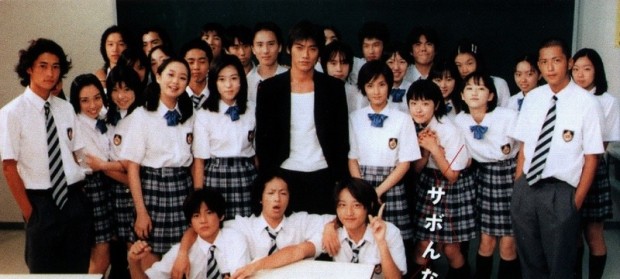
Akumu-Chan
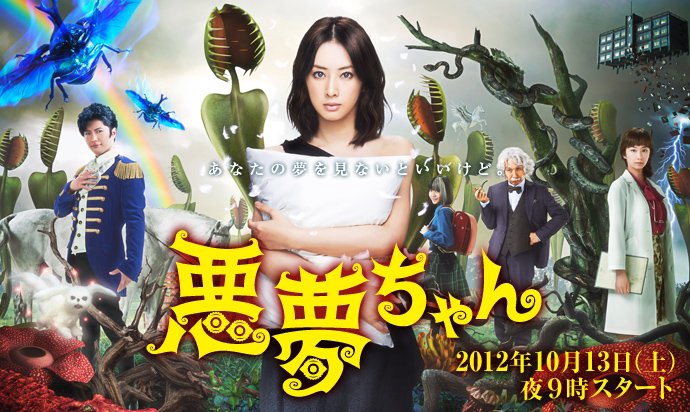
This drama was a pleasant surprise. I only attempted it because I was curious about Kitagawa Keiko’s performance, but this little drama managed to steal my heart. It is part school drama and part fantasy, and merges the themes to give us a visual illustration of the world of elementary school students.
Yuiko a.k.a. Akumu-chan is a girl who sees the future through her dreams, and oftentimes those dreams predict bad news for the people surrounding her, hence her nickname. Yuiko somehow found refuge and help in the most unlikely person, Ayami-sensei. Ayami-sensei is a teacher who acts like she cares for her students and loves her job, when in reality she only cares for herself and got this job for convenience. Meanwhile, someone from her class keeps writing bad rumors about said teacher, which she admits to be true but wouldn’t want her students to know about, on the school blog. Ayami-sensei decides to help Yuiko in hopes of finding out who's the student that figured out her real self.
What surprised me most were the dark themes used in this drama, exploring the darker side of fairytales. Another interesting point is the interpretation of dreams and the meaning behind the fairytale it is alluding to. I also enjoyed the exploration of Ayami’s darkness and her growing bond with Yuiko, as well as the rest of her class.
BTW, I'm STILL waiting for the Akumu-chan The Movie to have good subtitles so I can watch it! There's also an Akumu-Chan Special that takes place right after the drama ends and before the movie begins.
Those are the dramas I think are worth at least checking out. They also have sequels, specials and movies. As mentioned earlier, it isn’t a genre I watch often, and there may be other school dramas worth checking out as well. This list is what stood out for me. I look forward to any recommendations made in the comments section! XD



